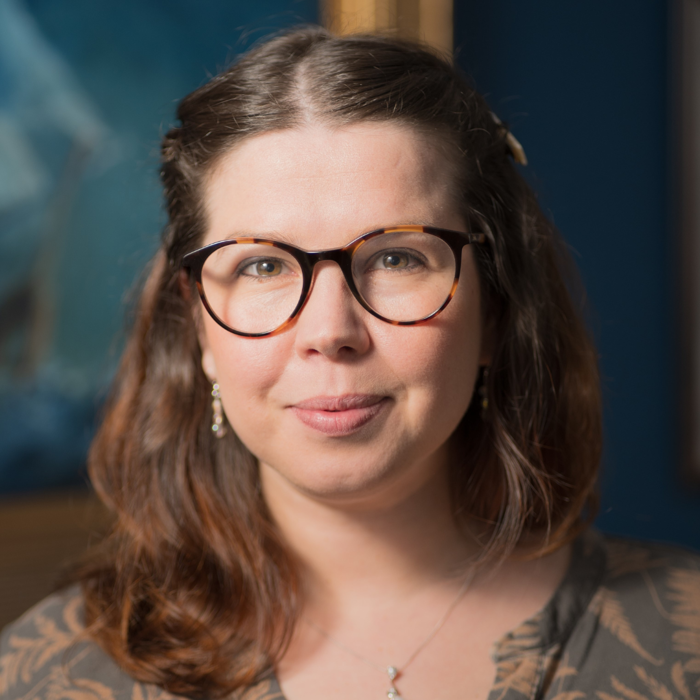Warming Up And Cooling Down: A Guide To Their Use And Impact On Function
Thursday 3rd November 2022, 5:00 PM - 7:00 PM (London Time)
- There are exercises designed to facilitate a particular change in vocal function – the potential for a given exercise to work is contingent on the intention of the exercise, the instruction provided, and the singer’s understanding and implementation.
- A teacher should select vocal exercises supported by either quantifiable research or validated by anecdotal practice-based evidence – this is true whether discussing vocal warm-ups or cool-downs.
- The benefits of cool-down exercises following strenuous exercises have been well established – while voice pedagogy typically emphasizes the use of vocal warm up exercises, the efficacy of cool-down exercises has not been demonstrated.
- Traditionally, exercise science includes a great deal of research on cooling down exercises after working out the body – cool-down exercises for singers have not yet been thoroughly examined even though vocalizes (warm-ups) for the voice have long been accepted as beneficial. As a result, there remains varying opinions in the voice community as to the efficacy of cooling down after a period of strenuous singing.
This workshop will present information on strategizing a vocal warm-up and cool-down routine, how and why to choose particular exercises, the difference between a vocal warm-up and vocal exercises focused on function.
The workshop will also include research, supported in part by the 2012 Van L. Lawrence Fellowship, that examined the efficacy of cool-down exercises for the voice at the end of a heavy voice load
Dr Kari Ragan
Singer, author, and voice pedagogue Kari Ragan holds degrees from the University of Washington (DMA) and Indiana University (MM, BM). She was the recipient of the prestigious Van L. Lawrence Award (2012), the NATS Foundation Pedagogy Award (2009), and the Wicklund Singing Voice Specialist Certificate (2010), and she was selected as a Master Teacher for the NATS Intern Program in 2021.
Sorry, this is an archived short course...
We have plenty of upcoming short courses coming soon. See details of some of them below or look at the full list of short courses.

Monday 7th July 2025
2:00 PM - 4:00 PM
Tuesday 8th July 2025
2:00 PM - 4:00 PM
Wednesday 9th July 2025
2:00 PM - 4:00 PM
Friday 11th July 2025
2:00 PM - 4:00 PM
Monday 14th July 2025
2:00 PM - 4:00 PM
Tuesday 15th July 2025
2:00 PM - 4:00 PM
Wednesday 16th July 2025
2:00 PM - 4:00 PM
Friday 18th July 2025
2:00 PM - 4:00 PM
(London Time)
Introduction to statistics and working with quantitative data for Voice Professionals: 8-Session Online Bootcamp

Dr David Cane
This certificated statistics course is ideal for individuals interested in laying a solid foundation in quantitative research methods. By focusing on essential statistical principles, you will be equipped with the tools to understand and apply quantitative research techniques effectively. Statistics is a crucial component of quantitative research; mastering it will enable you to grasp quantitative methods more confidently and precisely.


Tuesday 15th July 2025
5:00 PM - 7:00 PM
(London Time)
Exploring the roots of the tongue: Ideas for performance

Walt Fritz
As a relative outsider looking into the voice and performance world, I witness the bell curve of thoughts and actions on how the tongue contributes to voice problems and how best to tame that tension. Traditional ways of taming tongue tension seem adequate (or would seem so, based on feedback), so what is different and new? In this short course for the Voice Study Centre, Walt Fritz will introduce the learner to variations on self-applied tongue stretches and exercises.


Wednesday 16th July 2025
2:00 PM - 4:00 PM
(London Time)
Emotion and Performing Accents and Dialects: why does Emotion Get in the Way?

Louisa Morgan
At points of heightened emotion, it is common for actors working in an accent to default to their natural speech. How do we help performers to avoid this issue and provide them and their directors with the confidence they need regardless of the emotional demands of the piece? What can we learn from research in vocal expression of emotion to help actors to embody the emotion and keep control of their voice and accent? Our very own Louisa Morgan will guide participants through the latest research and offer practical suggestions for working with performers needing to navigate this challenge.
